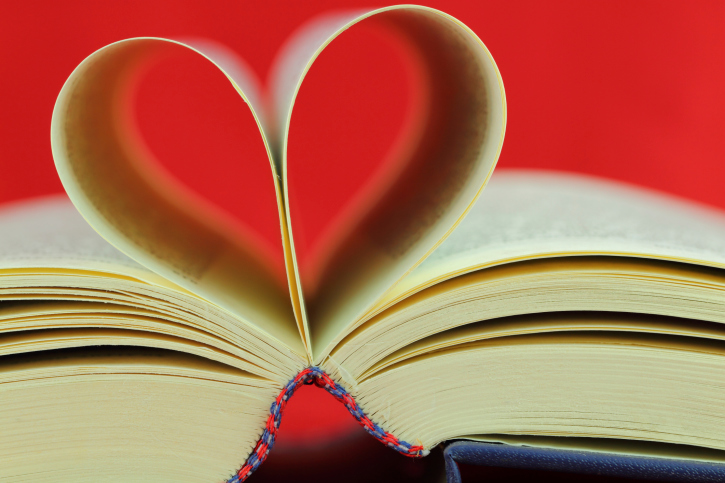Learn
The word “Romantic” may make you think about love songs or “chick flicks” or even being romantic. Unfortunately, in the context of literature, that is not exactly what is meant by Romantic Literature.  You may be surprised to find out that Romantic Literature is about nature, individuals, and imagination. The connection to “romance” is that this type of literature does include a type of quest or adventure to get back to a place where humans were more in tune with nature rather than with science and reason like it was in Enlightenment thought. Nature reflected the simple life of the common people.
You may be surprised to find out that Romantic Literature is about nature, individuals, and imagination. The connection to “romance” is that this type of literature does include a type of quest or adventure to get back to a place where humans were more in tune with nature rather than with science and reason like it was in Enlightenment thought. Nature reflected the simple life of the common people.
Like all of the other writers in the periods before this one, writers wrote about what was going on during their lives. The Industrial Revolution was beginning during this time in Europe, and many romantic poets wrote in opposition to what this would do to the common man and to the pastoral land. With the invention of factories and work houses, children were often employed to work as hard and as long as the adults. Romantic poets also wrote against this horrible crime against children. As the Industrial Revolution took over more and more of the land, many romantic poets moved to the outer town limits to escape the hustle and bustle of the new city life.
Romantic works were written also about lone wanderers and people searching for things that they would never achieve. Some of the writings also explored visions—both good and bad. Innocent children and even small animals were also subjects of romantic authors.
Part of the romantic notion of writing meant allowing feelings to reflect true human emotion. One of the main romantic topics was children. They are considered innocent—free of guilt—because they are so young and have not been influenced by the world. They have not been educated and so have not been persuaded to believe one way or another. Most likely, they spent most of their time at home, so they had not been corrupted by society yet either. Their imaginations were also innocent so that what they saw and heard were pure and without experience. It is experience that takes away children’s innocence and causes them to be spotted by the world.

Along these same lines, the romantic poets wrote for the common man, using language that would be understood by them. This methodology was not meant to talk down to these people, but to show that poetry could and should be understood and appreciated by everyone. A lot of previous poets wrote only for the sophisticated people which made the common people believe they could never understand just such writings. The Romantics’ ploy to write for the common man elevated them above where they were thought to be—lowly.
One of the main points of Romantic writings that we will study in this unit is that of searching for truth and beauty. Part of this search had to do with those who rebelled against tyranny; this reflected fighting for causes that they believed in. Their political views were often subjects of writing because they showed truth when one was speaking against political injustices. Truth and beauty were also found in the imagination and in exotic places. Many times the poets would travel to such places and then write about them. But, this was not always the case; some of the poets used their imaginations to write about faraway places.
Open the Characteristics of Romanticism Chart and print/save it. This shows the characteristics and descriptions of Romanticism.